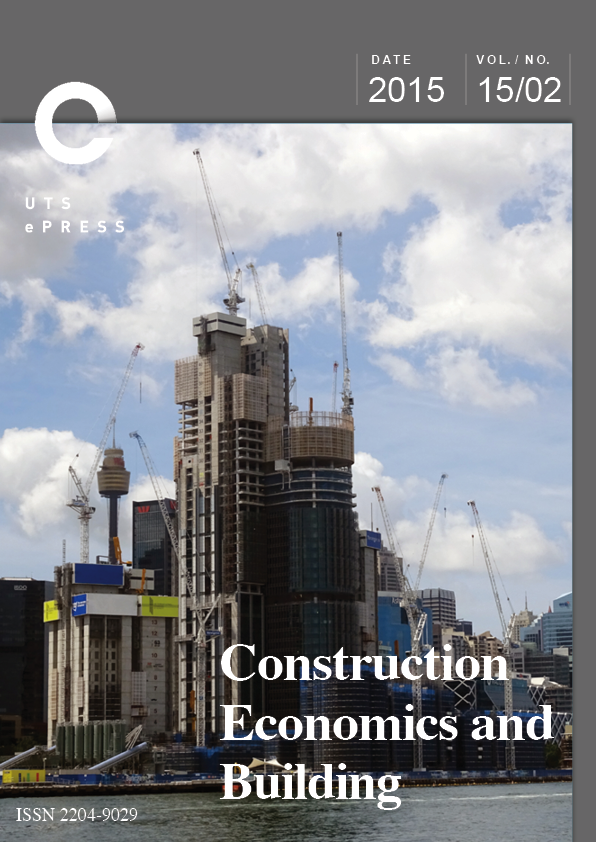The Lived Experience of Online Educators: Insights from Construction Management
Main Article Content
Abstract
Academics in higher education institutions often experience the conflicting demands of teaching, research and administration. With the growth of online education these staff are frequently required to design, develop, teach, facilitate and, in some cases, administer online courses. Cumulatively these additional tasks challenge academics, not only in terms of the personal professional development but also in accommodating the range of tasks expected of them. This paper reports the findings of a study which investigated the lived experience of construction management academics teaching at universities in Australia. The study adopted a lived experience research approach that enabled the lives of construction management academics to be investigated through the collection of a mixture of qualitative and quantitative data. The study provides empirical evidence of a range of challenges facing those delivering online courses. Recommendations for online teachers and online course designers emerged from this study with application to both faculty-based and institution-wide practices. The findings are relevant to those in the higher education sector who are involved in online teaching, course design for online delivery and professional development related to online initiatives.
Article Details
Section
Authors who publish with this journal agree to the following terms:
a) Authors retain copyright and grant the journal right of first publication with the work simultaneously licensed under a Creative Commons Attribution License that allows others to share and adapt the work with an acknowledgement of the work's authorship and initial publication in this journal.
b) Authors are able to enter into separate, additional contractual arrangements for the non-exclusive distribution of the journal's published version of the work (e.g., post it to an institutional repository or publish it in a book), with an acknowledgement of its initial publication in this journal.
c) Authors are permitted and encouraged to post their work online (e.g., in institutional repositories or on their website) prior to and during the submission process, as it can lead to productive exchanges, as well as earlier and greater citation of published work (See The Open Access Citation Advantage Service). Where authors include such a work in an institutional repository or on their website (ie. a copy of a work which has been published in a UTS ePRESS journal, or a pre-print or post-print version of that work), we request that they include a statement that acknowledges the UTS ePRESS publication including the name of the journal, the volume number and a web-link to the journal item.
d) Authors should be aware that the Creative Commons Attribution (CC-BY) License permits readers to share (copy and redistribute the work in any medium or format) and adapt (remix, transform, and build upon the work) for any purpose, even commercially, provided they also give appropriate credit to the work, provide a link to the license, and indicate if changes were made. They may do these things in any reasonable manner, but not in any way that suggests you or your publisher endorses their use.
